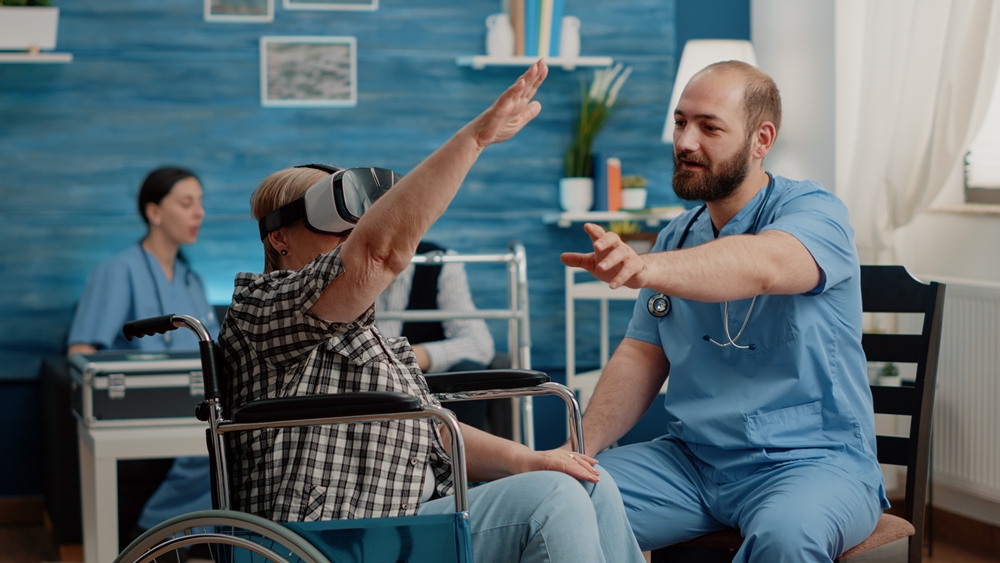Current brain injury tools overlook hormone effects in menopausal women, study finds

Current brain injury assessment tools fail to consider the effects of hormonal changes during menopause, potentially delaying recovery or increasing symptom burden in women, new research suggests.
This omission may result in missed diagnoses, poor risk assessment and inadequate treatment for menopausal women recovering from TBIs.
Researchers from the University of Florida College of Public Health and Health Professions examined existing symptom assessment tools used for both TBIs and menopause to identify overlapping and differing symptoms.
They found significant overlap between the two, especially in neurocognitive, somatosensory and mood-related areas.
The analysis also revealed that current TBI tools fail to capture certain neuroendocrine responses, particularly vasomotor symptoms such as hot flushes – sudden sensations of heat and sweating caused by hormonal changes – which may indicate hormone-driven risks during recovery.
Dr Katherine Buzzanca-Fried is lead author from the University of Florida College of Public Health and Health Professions.
She said: “Emerging evidence suggests that hormonal changes can significantly influence both physiological and cognitive functioning after traumatic brain injury, even in milder injuries such as concussion.
“It’s essential that healthcare providers consider hormonal factors, particularly during the menopause transition, so we can better understand recovery trajectories, design targeted interventions, and communicate more inclusively with patients.”
The researchers propose developing a comprehensive hormone-informed questionnaire to better capture sex-specific symptom profiles in women recovering from brain injuries.
This approach could expand current TBI assessments to include hormone status as a factor in diagnosis and care.
Dr Stephanie Faubion is medical director for The Menopause Society.
She said: “Studies like this remind us that sex as a biological variable matters and that hormone status and reproductive stage should be studied to determine whether treatment strategies may differ for men vs women.
“Traumatic brain injury treatment in midlife women may be complicated by coexisting and potentially overlapping symptoms related to menopause.”
The researchers say that without considering hormonal transitions, clinicians may miss opportunities for accurate diagnosis, effective risk stratification and individualised treatment for menopausal women with brain injuries.










